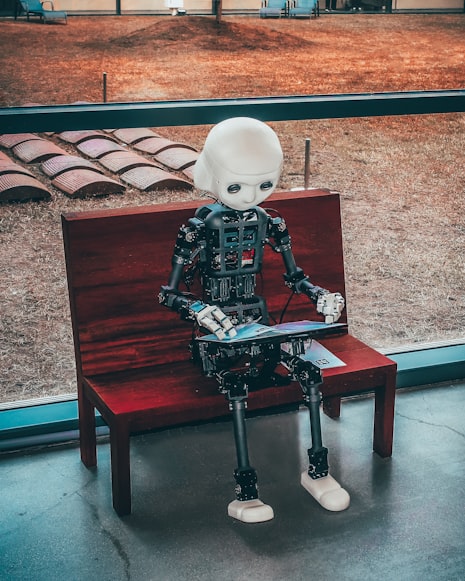
Artificial Intelligence (AI) is rapidly transforming the field of engineering, and its potential applications are virtually limitless. From automating tedious tasks to optimizing complex systems, AI is revolutionizing the way we approach engineering problems.
At its core, AI is all about developing algorithms that can learn from data and make predictions or decisions based on that data. This can be incredibly powerful in engineering, where we often deal with large amounts of data and complex systems that are difficult to optimize manually.
One of the most promising applications of AI in engineering is in the realm of predictive maintenance. By analyzing sensor data from machines and equipment, AI algorithms can identify patterns that indicate when maintenance is needed, allowing engineers to address potential issues before they become major problems. This can help to reduce downtime, improve reliability, and ultimately save money.
Another area where AI is making a big impact is in the design process. By using machine learning algorithms to analyze large datasets of design information, engineers can identify patterns and optimize designs more quickly and accurately than ever before. This can help to speed up the design process and improve the quality of the final product.

AI is also being used to optimize manufacturing processes, by identifying the most efficient ways to produce products and reducing waste. This can help to improve productivity and reduce costs, while also minimizing the environmental impact of manufacturing.
Of course, like any new technology, AI also presents some challenges and risks. One of the biggest concerns is the potential for bias in AI algorithms, which can lead to unintended consequences and unfair outcomes. As engineers, it’s important to be aware of these risks and work to mitigate them through careful design and testing.
Overall, the potential benefits of AI in engineering are enormous, and we’re only just scratching the surface of what’s possible. As the technology continues to evolve and improve, we can expect to see even more exciting developments in the years ahead.